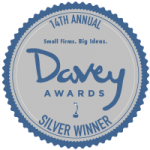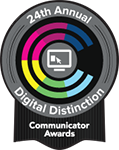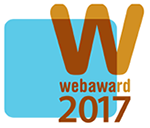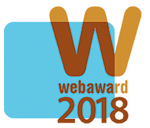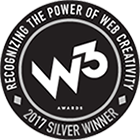
- This event has passed.
Greenhouse Gas: Sorting the Beef from the Bull
December 2, 2019 @ 6:00 pm - 7:15 pm
Event Navigation

A few years ago, it seemed like everyone was talking about burping cows. How the methane they emit is a powerful greenhouse gas. Today, the message seems to be that natural grazing methods can lock up carbon in the soil – or is it that we have to eat less meat? As climate – conscious consumers, do we all need to go vegan, or can grass-fed beef and dairy save the world? Is industrial beef production surprisingly green? Or should we eat meat grown from cells in a lab?
To make good choices, it helps to understand the science behind cattle production and greenhouse gas emissions. Dr. Rachel Mason will explain how and why raising cattle contributes to climate change (it’s not just methane), what can be done to reduce those emissions, and why our food choices matter. If the question is “what should I eat?” the answer is “it’s complicated”; but this talk will conclude with a few basic principles for people who want their diets to go easy on the planet.
Dr. Rachel Mason is a Research Communication Specialist at the University of Vermont. In her most recent work, she simulated how climate change will affect the environmental impacts of dairy farms.
Her current research focuses on critically evaluating the science behind greenhouse gas emission from beef and dairy production, especially in developing countries.
If you need an auxiliary aid/service or other accommodation due to a disability, please contact the library at least 7 days prior to the program date. We will make every attempt to fulfill all requests for accommodations. All programs are subject to change.
For a list of upcoming library events, visit test-library.ehawaii.gov/events.

